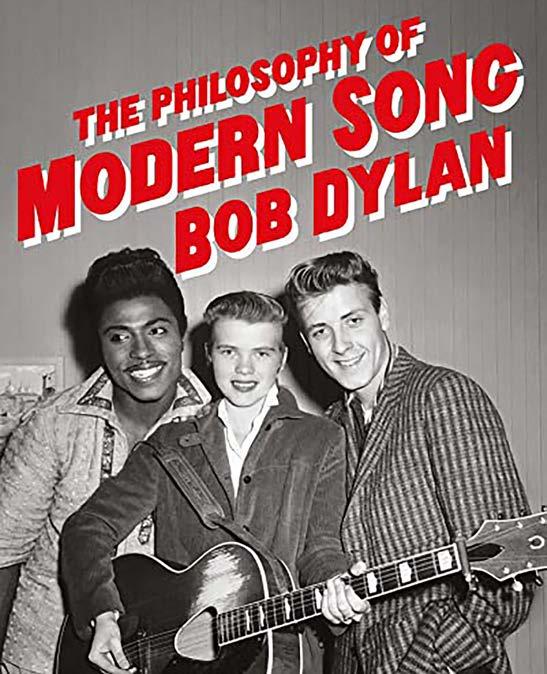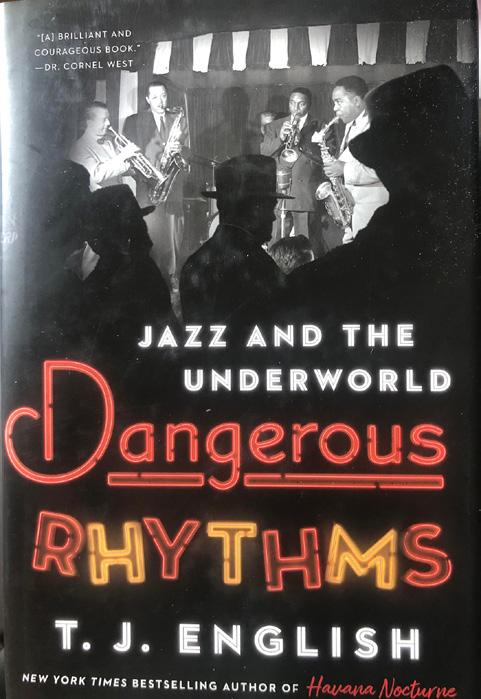
3 minute read
Lost In The Shuffle: Dave Guard & The Whiskey Hill
BY KEITH GLASS
DAVE GUARD & THE WHISKEYHILL SINGERS
Advertisement
Capitol ST 1726 (Issued 1961)
In the 60’s/70’s/80’s major record labels worldwide maintained a massive album release schedule. Only a comparatively few artists scored a hit, others became ‘cult’ classics. Beyond that exists an underbelly of almost totally ignored work, (much never reissued) that time has been kind to. This is a page for the crate diggers.
Musically speaking, the mid 60’s scene on Australian TV was treated in a fairly lackluster fashion. A few groups and solo artists (mainly miming) on various variety shows, attempts to be more relevant with low budget teen-oriented fare – sometimes OK, often lame. 1965 - Out of the blue and with little or no fanfare came ‘Dave’s Place’ – set in a bar in some quasi tropical location and orchestrated by the ex leader of The Kingston Trio, now Australian resident Dave Guard. There was a house band; vaudeville star Queenie Paul played the comic role of resident bar-fly and a long list of artists - mainly local folkies/jazzers (such as Paul Marks, Kerrilee Male, Don Burrows Quintet, Doug Ashdown) but also imports Sonny Terry & Brownie McGhee, The New Lost City Ramblers, Nina & Frederik. However the standout However, the standout for me as this then impressionable young man was the four-episode stint of bohemian singer Judy Henske. Her wild beatnik appearance and shouting blues vocals lit up the four (out of thirteen) shows she appeared in and whilst I knew Dave was the predominant figure In The Kingston Trio, I knew nothing of Henske. Turns out Dave & Judy went back a way. Cut to 1961 when Guard felt straight-jacketed by the constraints of ‘success’, the endless touring, making ever less remarkable sound-a-like records with The Trio and riding on the back of their hits. He wanted out (John Stewart was drafted in) and Guard formed the more broadly based Whiskeyhill Singers firstly with old Hawaiian school friend Cyrus Faryar – who strongly recommended Henske. The fourth member was more local
David ‘Buck’ Wheat.
In the album liner notes Guard stresses that all four contributed to the array of material, consisting of a wider variety than his previous group with the added benefit of all four singing lead vocals. Perhaps still aware of the folk world constraints, ‘traditional’ material is well to the fore with such songs as The Banks Of The Ohio, Ride On Railroad Bill and The Wild Rippling Water, Henske touches on the bluesy side with Nobody Knows You When Your Down And Out whilst the only true original is the Dave Wheat co-write We’re The World’s Last Authentic Playboys. Nods to Woody Guthrie/Peggy Seeger and Ewan MacColl remind us this still a folk album but with the premise of the listener walking into some beatnik dive and hearing a no holds barred swinging combo grabbing material from indiscriminate sources and letting it all hang out. Naturally this bucking the system leap didn’t really go anywhere but that didn’t stop a now unconstrained Guard from trying it again in a foreign country four years later. He apparently had bought a house in Sydney and thankfully contributed this sadly overlooked/under viewed weekly television show to the culture. Check out the full list of contributors online – it is pretty impressive. Judy Henske went on to make a number of solo albums, first for the Elektra label then others, always being described in the liner notes as wild, long legged, foot stomping etc – the notes to her second album High Flying Bird by the inimitable Shel Silverstein are hilarious, crime writer Andrew Vachss included her as a musical leitmotif in a series of his books. With her first husband Jerry Yester (ex member of The Modern Folk Quartet/Lovin’ Spoonful) she recorded an ambitious original folk/rock/psychedelic album Farewell Aldebaran for Frank Zappa’s ‘Straight’ label in 1969 – on original release near impossible to find. Judy later married ace session keyboard player Craig Doerge and some interesting (albeit obscure) projects resulted. She died earlier this year at the age of 86. Dave Guard unfortunately left us at the age of 56 back in 1991, reportedly still working on ways to broaden the folk perspective he helped pioneer back in the 50’s. Along with Judy he shares the ‘underappreciated’ claim despite some sizable success. Hey ABC, check those vaults for a re-run of ‘Dave’s Place’.










